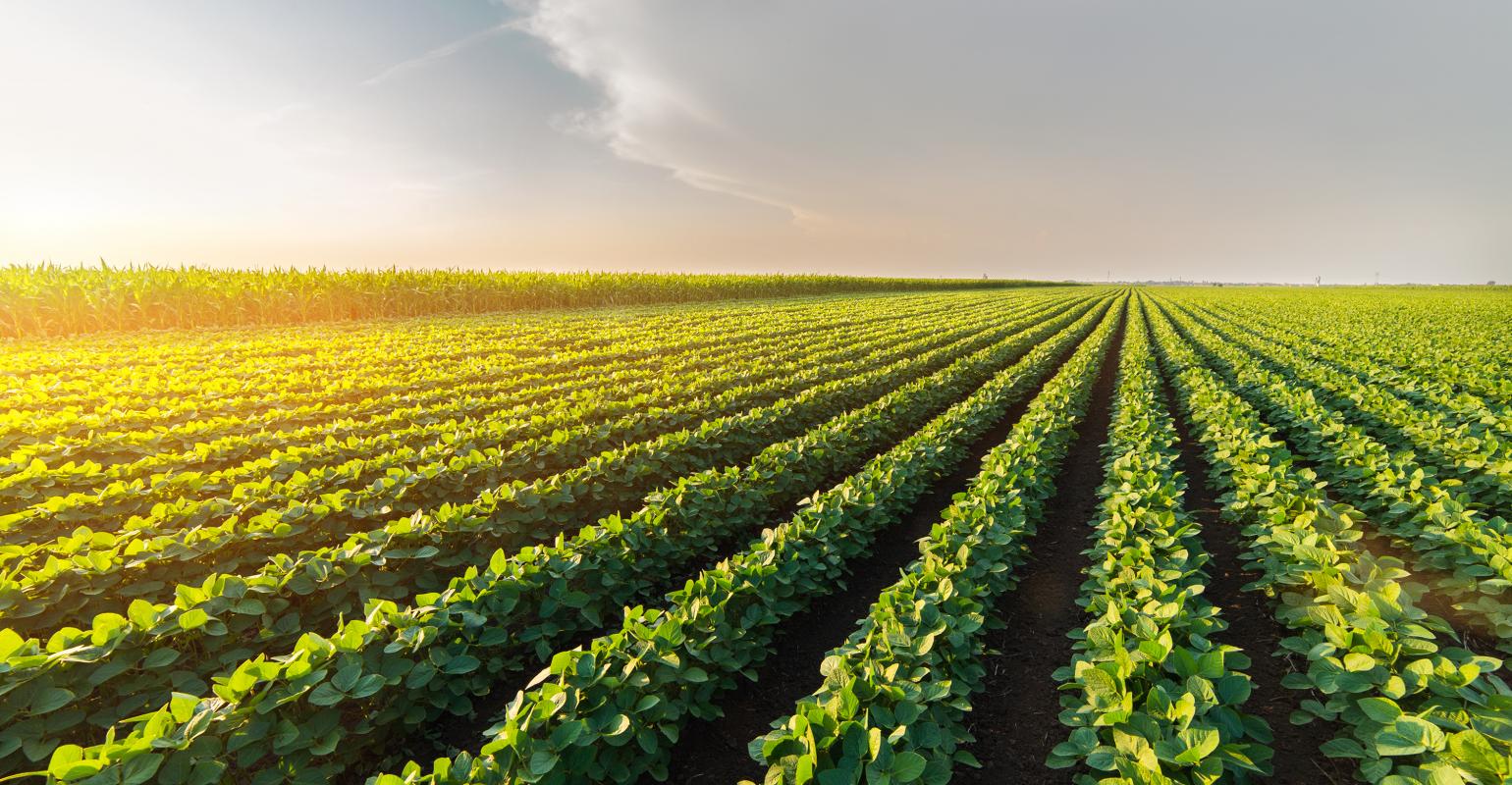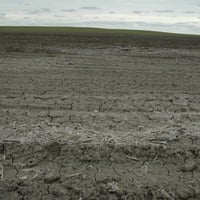The U.S. House Agriculture Committee on Tuesday advanced a disaster relief bill that would cover a...
New Research Report Says Crop Yields Would Decline 70% Without Pesticides

In a first of its kind effort to assess the environmental footprint of pesticide use, CropLife America (CLA) commissioned the University of Arkansas, led by researchers Dr. Marty Matlock and Dr. Greg Thoma, to conduct an independent three-year cradle-to-farmgate Life Cycle Assessment that comprehensively evaluates the environmental benefits and impacts of pesticide application in the cultivation of corn, cotton, and soybeans in the U.S.
The study examined crop productivity with and without pesticides (herbicides, insecticides, and fungicides) for three crops. The completed assessment successfully underwent an independent third-party ISO review.
The assessment's key results include:
· Without pesticides, the yields of corn, cotton, and soybeans declined up to 70 percent, underscoring the indispensable role of pesticides in agriculture.
· Cultivating corn, cotton, and soybeans without pesticides resulted in upwards of three times more land, water, energy use, and greenhouse gas emissions.
· Pesticides not only enhance productivity but significantly reduce pressure on our water, land, and energy resources per bushel of corn and soybeans and per pound of cotton produced.
"This three-year, independent assessment demonstrates that pesticides play a critical role in increasing crop yields while decreasing consumption of natural resources. We are pleased to have the data to support the work we do as we advance our commitment to sustainability," said Alexandra Dunn, CropLife America, President and CEO.
"In a world grappling with food security and climate change, the researchers' findings affirm the significant role pesticides play in helping to feed, fuel, and clothe our world's growing population in a sustainable manner. This is good news for today and the future."
EDITOR’S TAKE:
Pesticides are often the center of attacks from groups opposed to their use. However, this research clearly shows that it would be a much different world without them. Productivity would drop dramatically and the environmental pressure would substantially increase. In addition, the U.S. Environmental Protection Agency has a tight regulatory grip on their registration and use. Feeding the world is difficult enough today, imagine what it would be like without pesticides 25 or 50 years from now as the world’s population nearly doubles. Farmers/ranchers are extremely cautious when it comes to pesticide use. Their entire livelihood depends on their ability to keep the soil, water and air around them as safe and productive as possible. Be sure you recognize the amazing job they do to provide abundant, safe and relatively inexpensive food, fiber and fuel to consumers here and around the globe.








